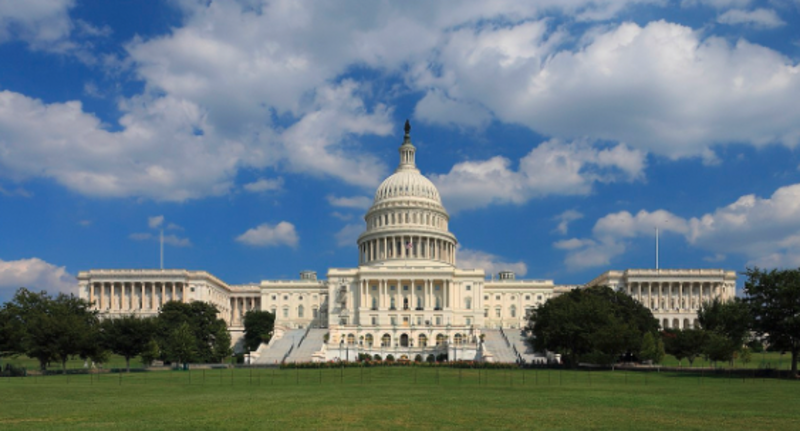While much of Canada spent Victoria Day playing spike ball in the park or drinking White Claws on the dock, America spent another 24 hours on the verge of a default.
Driving the news: With as few as ten days left to prevent a US debt default, talks between President Joe Biden and Republican House Speaker Kevin McCarthy failed to produce a solution to the looming debt ceiling breach (the limit on what the US can borrow to pay its bills).
- Both sides said they were making progress, however, and would continue to negotiate daily in the coming week.
Why it matters: It’s difficult to overstate how bad it would be for the US—and the global—economy if both sides can’t come to an agreement. Without the ability to borrow, the government would run out of funds to cover everything from retirement pay to tax refunds.
- Not only could that spin the economy into a recession, but it would erode trust in the relative safety of US Treasurys, which serve as a bedrock for the global financial system and are supposed to be the one asset in the world that’s essentially risk-free.
Yes, but: Even if a deal is made, the standoff has raised enough doubt to spook investors and spark concerns about the financial risks posed by America’s political dysfunction.
Catch-up: Raising the debt ceiling is often a formality, but it has occasionally become a high-stakes game of political brinksmanship. This is no doubt one of those times, with Republicans opting to hold their votes so they can secure deep federal spending cuts.
- A similar scenario unfolded in 2011, when the US came within 72 hours of default before a deal was struck.
Bottom line: You’ll be hearing a lot about the debt ceiling in the coming week.—SB
